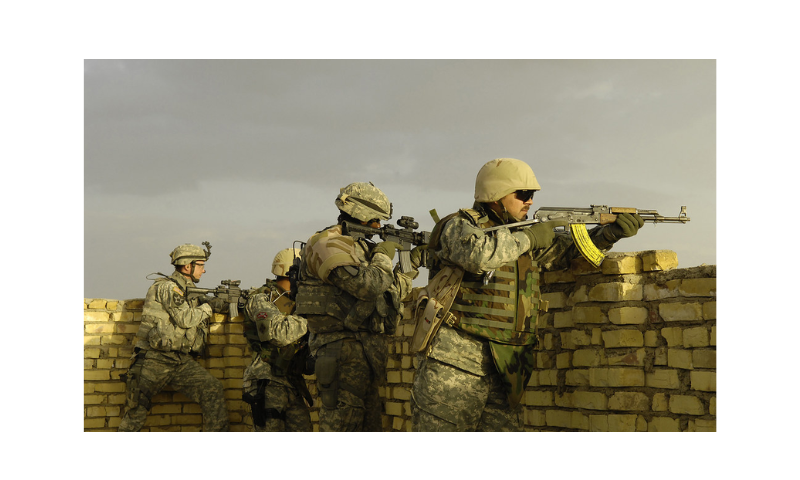Gerard Baker
WSJ, Mar. 20, 2023
“The promulgation of the WMD fictions, the Abu Ghraib horrors, the catastrophically inept initial occupation and administration—all undid in a matter of months the post-Cold War authority and heft the U.S. had earned over decades.”
Some of those who supported the invasion of Iraq 20 years ago this week are making the best defense they can of what the rest of us long ago concluded was probably the most flawed decision in American foreign policy since the founding of the republic.
The case for the war two decades in the rearview mirror goes something like this:
It was messy and poorly executed, true, but Iraq is better off now than it was then, and more important, it no longer poses a threat to the U.S., its allies and its interests. Tragic as American and allied military deaths and injuries are, this was achieved with the loss of a fraction of the casualties in Korea or Vietnam, let alone the world wars. The fiscal cost was relatively small too, perhaps $100 billion a year for eight years, well below 1% of U.S. gross domestic product.
What’s more, the defenders say, we tend to see events like these through a static rather than a dynamic view of history. Even if the U.S. hadn’t invaded Iraq in 2003, it’s likely that over the next 10 years terrible violence would have unfolded there. Sooner or later the suppression of the Shiite two-thirds of the population by the Sunni Arab quarter would have ended in mass bloodshed.
Respectfully, I dissent. For one thing, to defend the war on the grounds that Iraq is no threat is premised on an obvious fallacy—that invasion was necessary to ensure this outcome. We know that this wasn’t true. Saddam Hussein had been in his United Nations inspections cage for more than a decade already in 2003. After the 9/11 attacks, the scrutiny and containment was only getting tighter. Do we really think, given what he was witnessing in Afghanistan, that he would be insane enough to attack the U.S. or its allies? … [To read the full article, clickhere]


